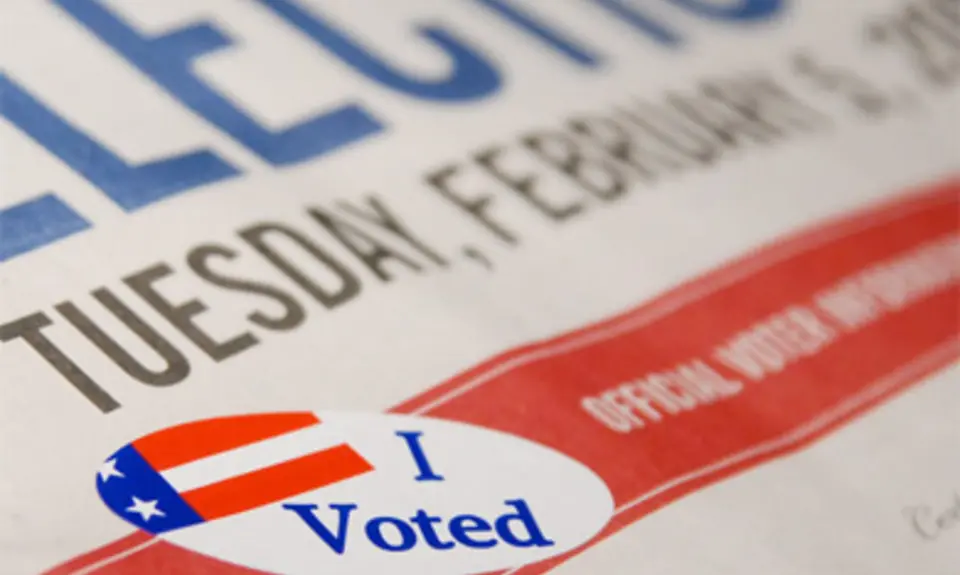Earlier this month, PFAW reported on what has gone right for voting rights at the state level in 2014. While there is much more work to be done to enact needed reforms and to step up and counter threats when the right to vote is under attack, states like Florida, Georgia, and North Carolina have shown that we can win.
Now we've uncovered even more evidence of why we can and should keep fighting the challenges that lay before us.
Voters themselves will get to decide what voter empowerment means in Illinois. House Speaker Michael Madigan's constitutional amendment providing "that no person shall be denied the right to register to vote or to cast a ballot in an election based on race, color, ethnicity, status as a member of a language minority, sex, sexual orientation, or income" passed both chambers and will be on the November ballot. A similar effort is afoot in Ohio.
Native American voters in Montana have seen two encouraging developments. In Jackson v. Wolf Point School District, an agreement was reached that will provide for five-single member school board districts in addition to one at-large representative, as opposed to the existing multimember districts that heavily favored the area's white population. Wandering Medicine v. McCullough, which challenges the availability of late registration and early voting for residents of the Crow, North Cheyenne, and Fort Belknap Reservations, will proceed following a failed motion to dismiss the case.
In Washoe County, Nevada, home to Reno and the state's second most populated county, voters have come to expect 14 consecutive early voting days. This year, though, county commissioners planned to eliminate the two optional Sundays that fall within that period. The American Civil Liberties Union and other allies organized quickly, sending a letter to Chairman David Humke and providing testimony at a commission meeting. Thankfully at that same meeting Chairman Humke announced that Sunday early voting was back on and warrants further study.
Tod Story, ACLU of Nevada Executive Director, said:
Early voting allows more people to participate in our democracy, and weekend voting is necessary for many hardworking Nevadans. Weekends are especially important days for voting drives, including for communities of faith
US District Judge Nelva Ramos told Texas legislators, much like US Magistrate Judge Joi Elizabeth Peake did in North Carolina, that their emails must be disclosed – albeit confidentially – in the ongoing Voting Rights Act challenge to the 2011 Texas voter ID law.
The United States argued that the emails could be the only existing candid evidence about the purpose of the legislation because Texas Republicans coordinated their talking points on the bill and refused to publicly engage with the concerns of minority legislators. If any of the emails reveal discriminatory intent, the U.S. will still have to argue to get them admitted as evidence during the trial phase of the lawsuit.
Finally, Utah is taking Election Day Registration for a test drive. Governor Gary Herbert has signed HB 156, which sets up an opt-in pilot program for counties and municipalities. The state will keep an eye on how they do and report back to the legislature for possible further action.
We can win, and let's not forget that.
